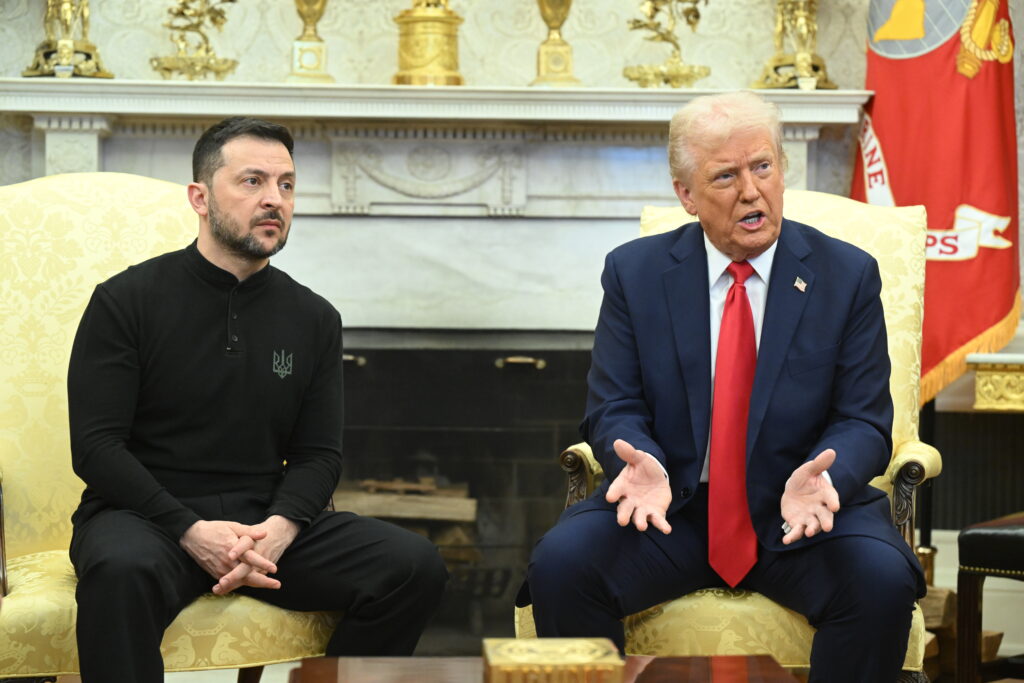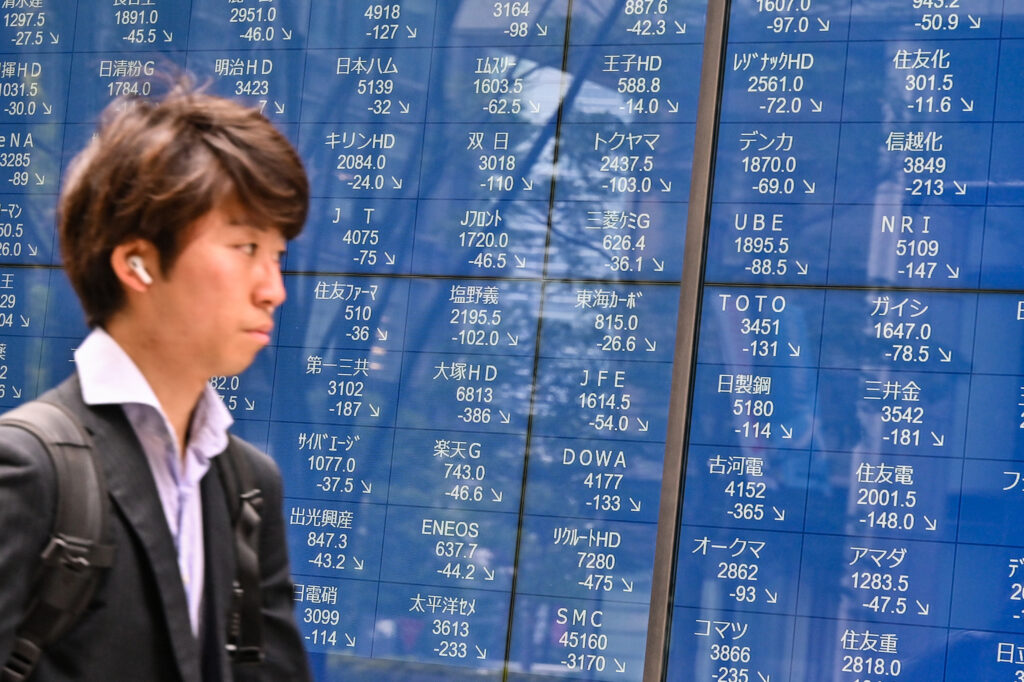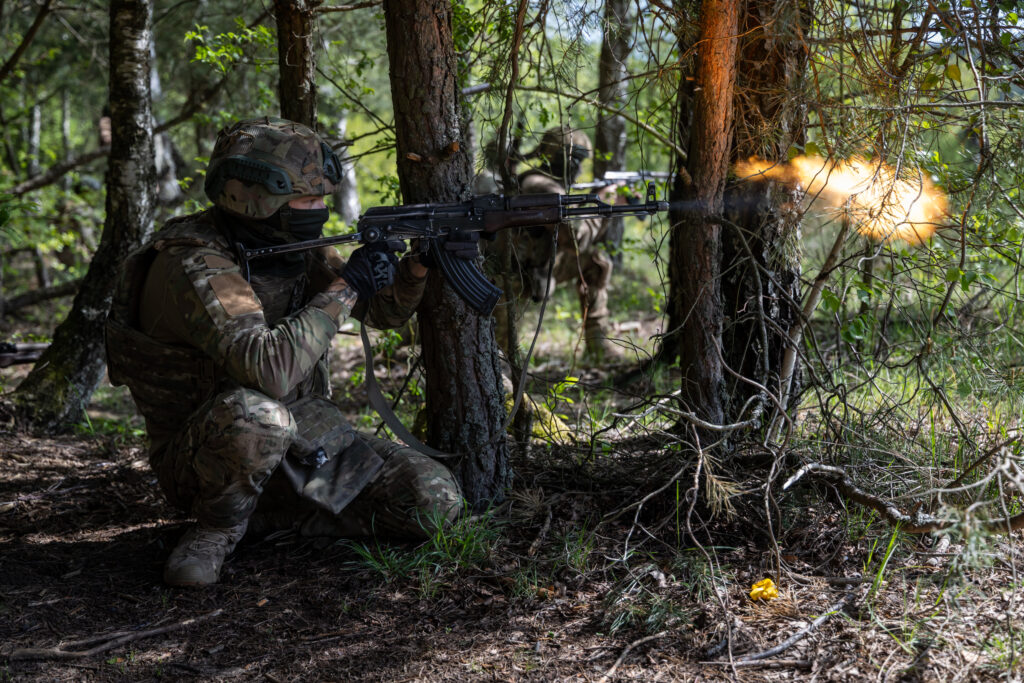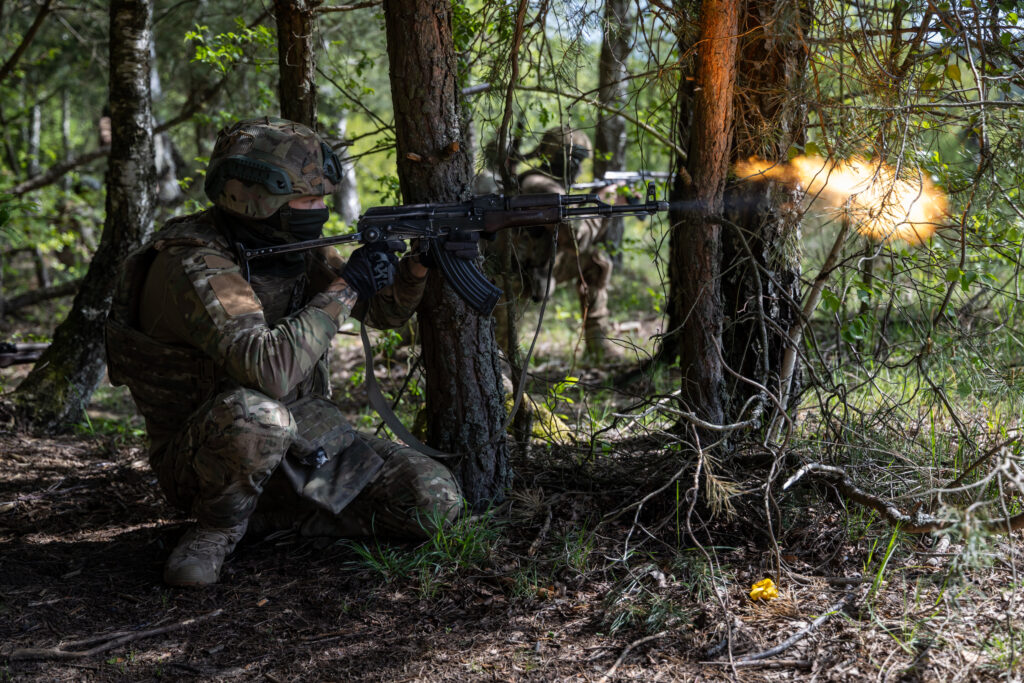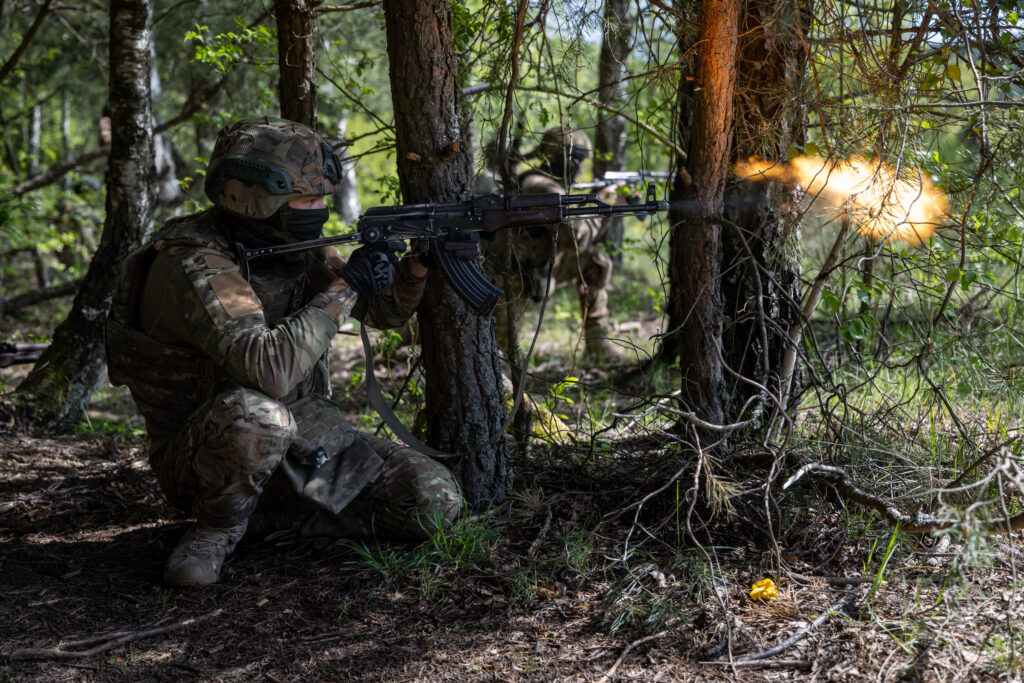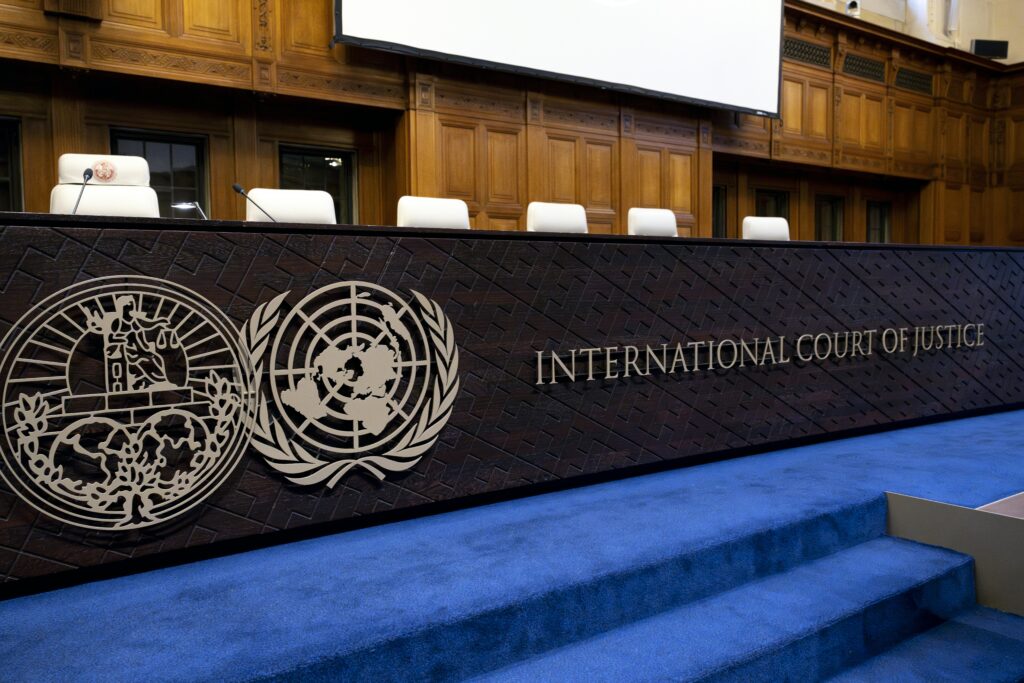Washington dit croire Zelensky prêt à renoncer à la Crimée à l’aube d’une “semaine cruciale”
Le président américain Donald Trump a dit croire que le dirigeant ukrainien Volodomyr Zelensky est prêt à renoncer à récupérer la Crimée occupée par la Russie, au moment où les négociations sur l’Ukraine entrent lundi dans une “semaine cruciale” selon Washington.Bien que Kiev ait jusqu’à présent toujours exclu l’idée d’abandonner cette péninsule annexée par la Russie en 2014, le dirigeant américain a estimé dimanche que la position de son homologue ukrainien Volodymyr Zelensky pourrait changer.”Je pense que oui. La Crimée, c’était il y a 12 ans”, a déclaré M. Trump à des journalistes lors d’un déplacement dans le New Jersey, en réponse à la question de savoir s’il pensait que M. Zelensky était prêt à “abandonner” ce territoire dans un contexte de recul des troupes ukrainiennes sur le front.L’abandon de la Crimée par l’Ukraine est régulièrement avancé par Washington comme une possible prémisse à un plan de paix avec Moscou. Celui-ci comprendrait également un gel de la ligne de front, selon les projets de l’administration américaine.Les propos de M. Trump interviennent à un moment où Moscou affirme avoir entièrement “libéré” la région russe de Koursk, dont l’Ukraine avait conquis plusieurs centaines de kilomètres carrés en août 2024 et que M. Zelensky avait dit vouloir monnayer dans le cadre d’un “échange” territorial.MM. Trump et Zelensky se sont depuis parlés en tête à tête à Rome en marge des funérailles du pape François samedi.Dans ce contexte, le secrétaire d’Etat américain Marco Rubio a estimé dimanche que des progrès pourraient être accomplis dans les prochains jours.”Nous sommes proches (d’un accord), mais pas assez proches”, a-t-il déclaré à la chaîne NBC. “Je pense que cette semaine sera cruciale.”Le président américain a toutefois exprimé des doutes ces derniers jours sur la volonté de Vladimir Poutine de mettre un terme à la guerre.- “Asseyez-vous et signez !” -“Je veux qu’il arrête de tirer. Asseyez-vous et signez l’accord”, a lancé M. Trump dimanche. “Nous avons les bases d’un accord, je crois, et je veux qu’il le signe”, a-t-il ajouté.Le ministre allemand de la Défense Boris Pistorius a pour sa part estimé que l’Ukraine ne devrait pas céder tous les territoires occupés par la Russie comme le voudrait M. Trump.”L’Ukraine sait bien sûr depuis longtemps qu’un cessez-le-feu ou un accord de paix durable et crédible pourrait impliquer des concessions territoriales”, a-t-il dit dimanche à la chaîne de télévision ARD. “Mais celles-ci n’iront certainement pas aussi loin (…) que la dernière proposition du président américain.”Trente-huit mois après avoir déclenché une invasion à grande échelle de l’Ukraine en février 2022, la Russie occupe environ 20% du territoire ukrainien, en incluant la Crimée.Samedi, le chef d’état-major de l’armée russe, Valéri Guérassimov, avait assuré que la région de Koursk avait été entièrement “libérée” des troupes ukrainiennes.Le général avait notamment salué l'”héroïsme” des soldats nord-coréens combattant pour la Russie – la première admission par Moscou de leur participation au conflit.La Corée du Nord a elle aussi confirmé lundi pour la première fois la présence de ses troupes en Russie pour participer “aux opérations de libération des zones de Koursk” dans le cadre de l’accord de défense mutuelle entre les deux pays. L’agence officielle KCNA a assuré que l’effort de guerre de ces soldats s’était “conclu victorieusement”.- Futur monument à Pyongyang -“Ceux qui se sont battus pour la justice sont tous des héros et des représentants de l’honneur de la patrie”, a déclaré le dirigeant nord-coréen Kim Jong Un, cité par KCNA. Il a ajouté qu’un monument commémorant les “exploits de la bataille” serait bientôt érigé dans la capitale Pyongyang.L’Ukraine a cependant affirmé dimanche que ses troupes continuaient de se battre en territoire russe.”Notre armée continue de mener des opérations dans les régions (russes) de Koursk et Belgorod. Nous maintenons notre présence en territoire russe”, a déclaré dimanche M. Zelensky lors de son discours du soir.Un commandant russe à Koursk a confirmé que l’armée russe conduisait toujours des opérations dans la région frontalière, selon une émission de la télévision d’Etat diffusée dimanche.M. Zelensky a appelé à faire davantage pression sur Moscou afin de créer des opportunités pour de la “véritable diplomatie”.”La situation sur les lignes de front et les activités actuelles de l’armée russe prouvent que les pressions exercées en ce moment sur la Russie pour arrêter cette guerre sont insuffisantes”, a-t-il jugé.Parallèlement aux combats sur le front, les deux pays se livrent quasi quotidiennement à des attaques aériennes. Dans la nuit de dimanche à lundi, un civil a été tué et une autre blessée dans une “attaque massive de drones ukrainiens” sur la ville russe de Briansk, au sud-ouest de Moscou, selon le gouverneur local Aleksandr Bogomaz.
